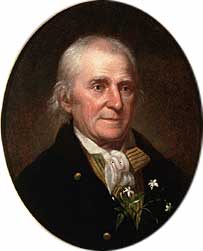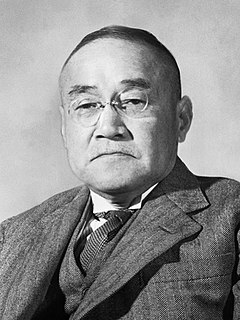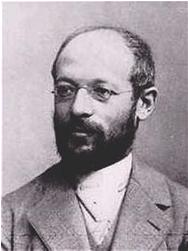A Quote by Wallace D. Wattles
A person may come into full harmony with the formless substance by entertaining a lively and sincere gratitude for the blessings it bestows upon him.
Related Quotes
You could have an experience with the gift of the Holy Ghost today. You could begin a private prayer with thanks. You could start to count your blessings, and then pause for a moment. If you exercise faith, and with the gift of the Holy Ghost, you will find that memories of other blessings will flood into your mind. If you begin to express gratitude for each of them, your prayer may take a little longer than usual. Remembrance will come. And so will gratitude.
A friend is a person with whom I may be sincere. Before him I may think aloud. I am arrived at last in the presence of a man so real and equal, that I may drop even those undermost garments of dissimulation, courtesy, and second thought, which men never put off, and may deal with him with the simplicity and wholeness with which one chemical atom meets another.
The sincere love of books has nothing to do with cleverness or stupidity any more than any other sincere love. It is a quality of character, a freshness, a power of pleasure, a power of faith. A silly person may delight in reading masterpieces just as a silly person may delight in picking flowers. A fool may be in love with a poet as he may be in love with a woman.
I'd be the first to agree that capitalism bestows its blessings unevenly. But that wouldn't persuade me to think it was a good idea to do away with those blessings in their entirety. That said, there is lots of work to be done to make capitalism work better, and to broaden its blessings far more widely not only in America, but all over the globe.
We may not know when or how the Lord's answers will be given, but in His time and His way, I testify, His answers will come. For some answers we may have to wait until the hereafter. This may be true for some promises in our patriarchal blessings and for some blessings for family members. Let us not give up on the Lord. His blessings are eternal, not temporary.
Gratitude, as it were, is the moral memory of mankind. In this respect, it differs from faithfulness by being more practical and impulsive: although it may remain, of course, something purely internal, it may yet engender new actions. It is an ideal bridge which the soul comes across again and again, so to speak, and which, upon provocations too slight to throw a new bridge to the other person, it uses to come closer to him.






























